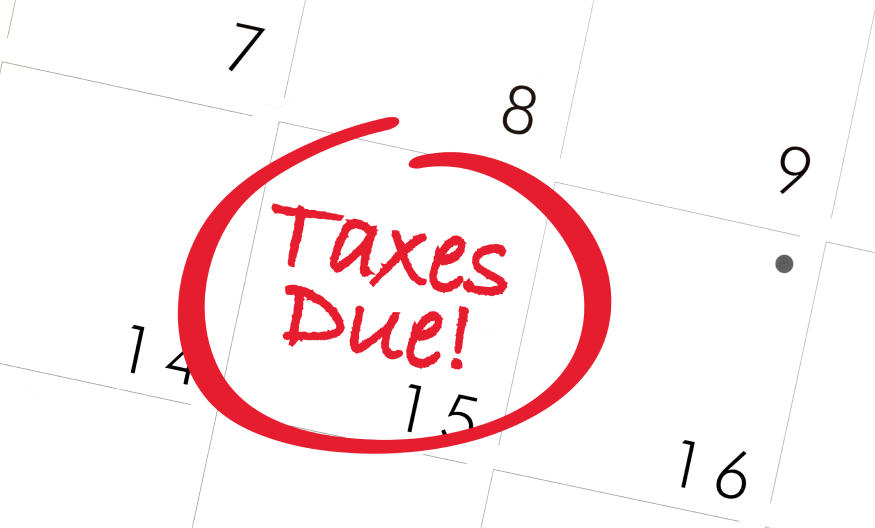
300 Main St., Suite 301
St. Simons Island, GA 31522
Hours:
Mon-Fri 8am to 5pm
Closed on Fridays
(June to Sept 1st)

Due Dates

Due Dates
Here are the key due dates for tax filing:
Individual Income Tax Returns (Form 1040)
- April 15 — This is the standard deadline for filing individual returns.
- If April 15 falls on a weekend or holiday, the deadline may be extended to the next business day.
Extensions for
Individual Returns
- If you need more time, you can file for an extension to submit your tax return:
- Extension Filing Deadline: October 15 — This gives you an additional six months to file your return, but it does not extend the deadline for paying taxes owed. Payments are still due by April 15.
Estimated Quarterly Taxes (Self-Employed Individuals, Freelancers, etc.)
Self-employed individuals or those with other non-wage income may need to make quarterly estimated tax payments. The due dates for these payments are:
- 1st Quarter (Jan–Mar): April 15
- 2nd Quarter (Apr–May): June 17
- 3rd Quarter (Jun–Sept): September 16
- 4th Quarter (Oct–Dec): January 15
Business Tax Returns (Form 1120 for C-Corporations)
- April 15 — C-Corporations (Form 1120) must file by this date or request an extension to October 15.

S-Corporation Returns (Form 1120S)
- March 15 — S-Corporations must file their returns by this date or request an extension to September 15.

Partnership Tax Returns (Form 1065)
- March 15 — Partnerships must file their returns by this date or request an extension to September 15.

Trust and Estate Tax Returns (Form 1041)
- April 15 — For calendar-year trusts and estates, the due date is April 15.
1099 and W-2 Forms
- January 31 — Employers must provide W-2s to employees and 1099s to independent contractors by this date.
- If you file electronically, the due date may be extended slightly (typically to the end of March for electronic filing).

